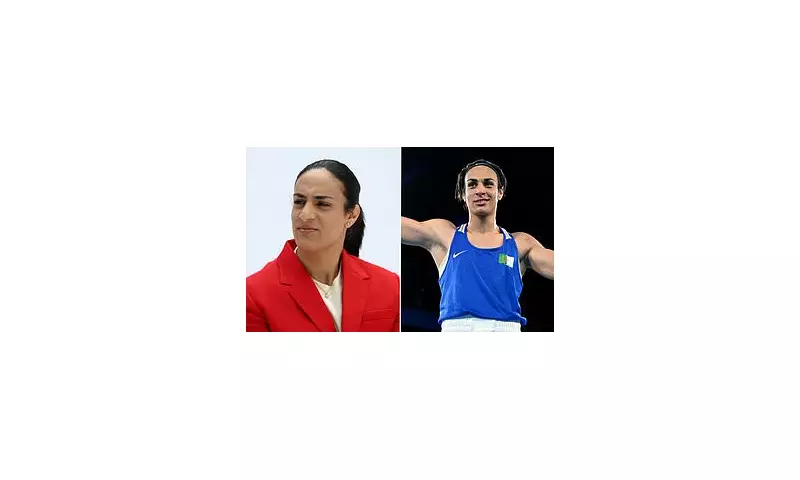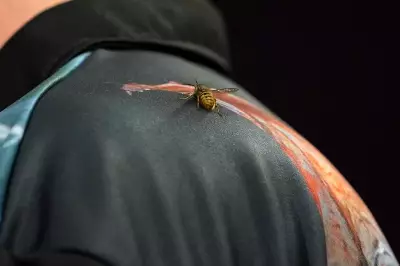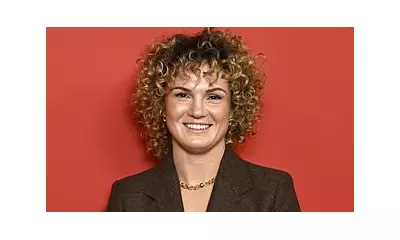
In a dramatic move that challenges the very foundations of gender verification in sports, Algerian boxing sensation Imane Khelif has formally launched an appeal to overturn her controversial ban from international competition.
The reigning African champion was shockingly disqualified from last year's Women's World Boxing Championships after failing to meet the International Boxing Association's (IBA) genetic sex eligibility requirements. The decision sent shockwaves through the sporting world and raised serious questions about fairness and inclusion in women's sports.
The Heart of the Controversy
Khelif's case centres around complex genetic testing that allegedly identified male chromosome patterns in her biological makeup. However, her legal team and medical experts argue that these tests fail to account for Differences of Sex Development (DSD), natural genetic variations that affect countless athletes worldwide.
'This isn't just about Imane—it's about every athlete who doesn't fit into narrow genetic boxes,' declared her lead attorney. 'We're fighting for the principle that women's sports should be inclusive while maintaining competitive fairness.'
A Pattern of Controversy
This isn't the first time genetic testing has created turmoil in women's sports. The case echoes previous controversies involving Olympic athletes like Caster Semenya, where similar eligibility criteria faced widespread criticism from human rights organizations and medical experts.
The World Boxing Council has already positioned itself against the IBA's approach, implementing more nuanced policies that consider individual cases rather than blanket bans based solely on genetic markers.
What's at Stake
The appeal process could take months, with Khelif's Olympic dreams hanging in the balance. A successful appeal would not only reinstate her right to compete but could potentially reshape how international sporting bodies approach gender verification across all sports.
Medical ethicists watching the case closely suggest that outdated testing methods often misinterpret natural biological variations as unfair advantages, creating unnecessary barriers for dedicated athletes.
As the boxing world awaits the appeal outcome, one thing remains clear: this case will likely become a landmark moment in the ongoing debate about gender, genetics, and fairness in competitive sports.





